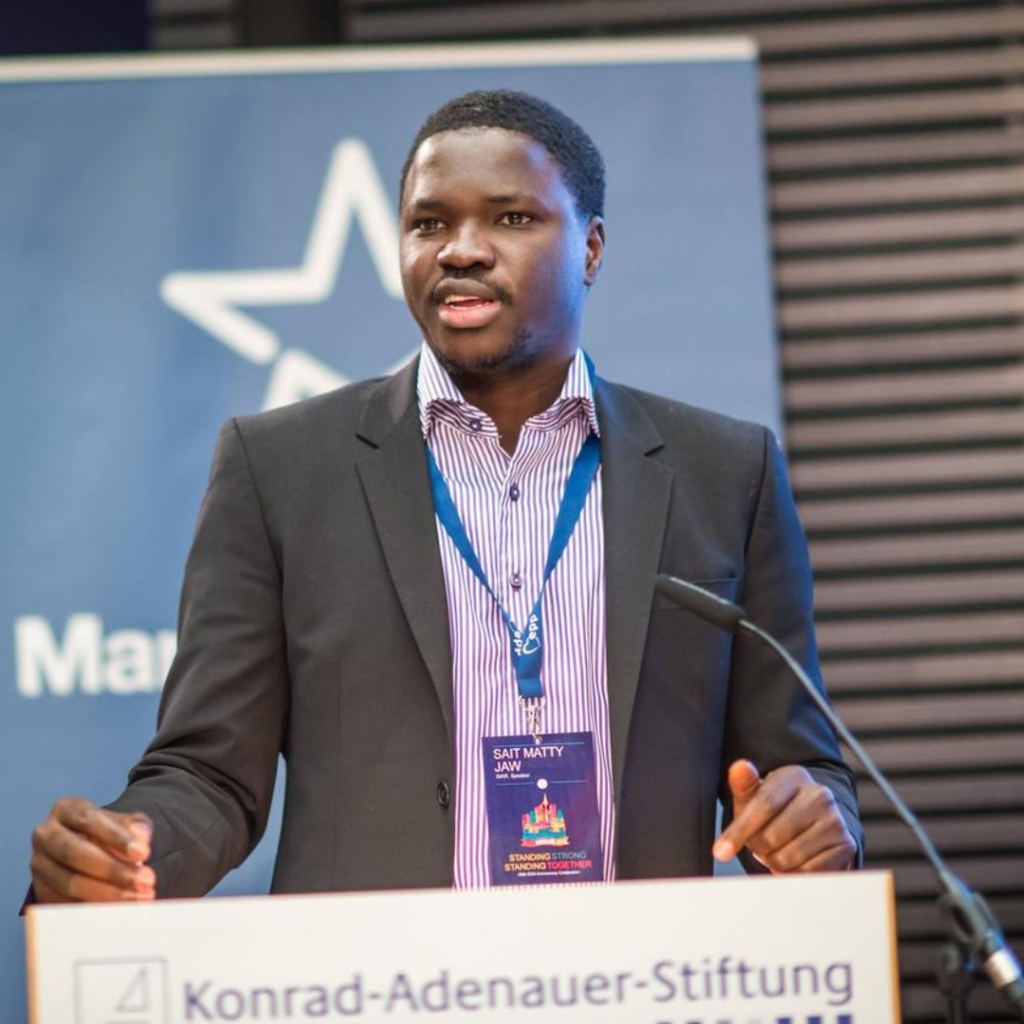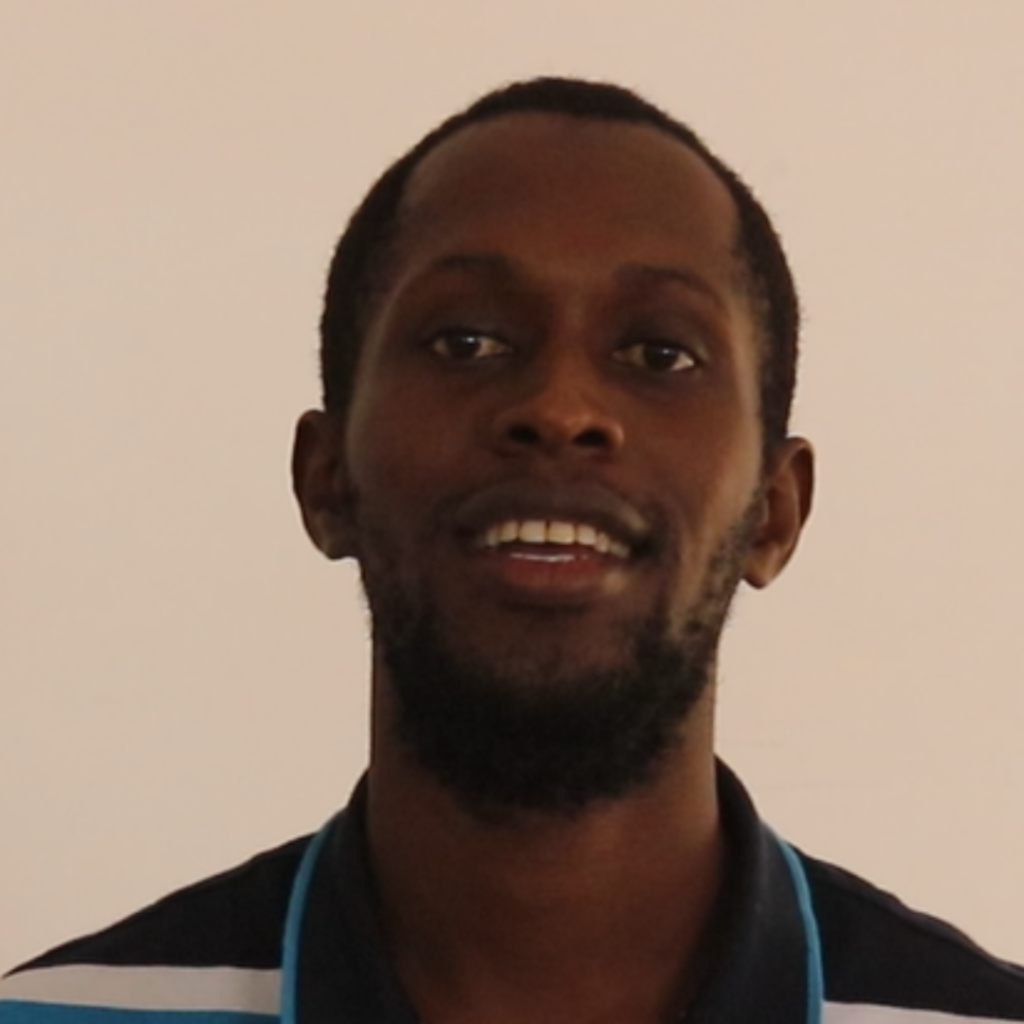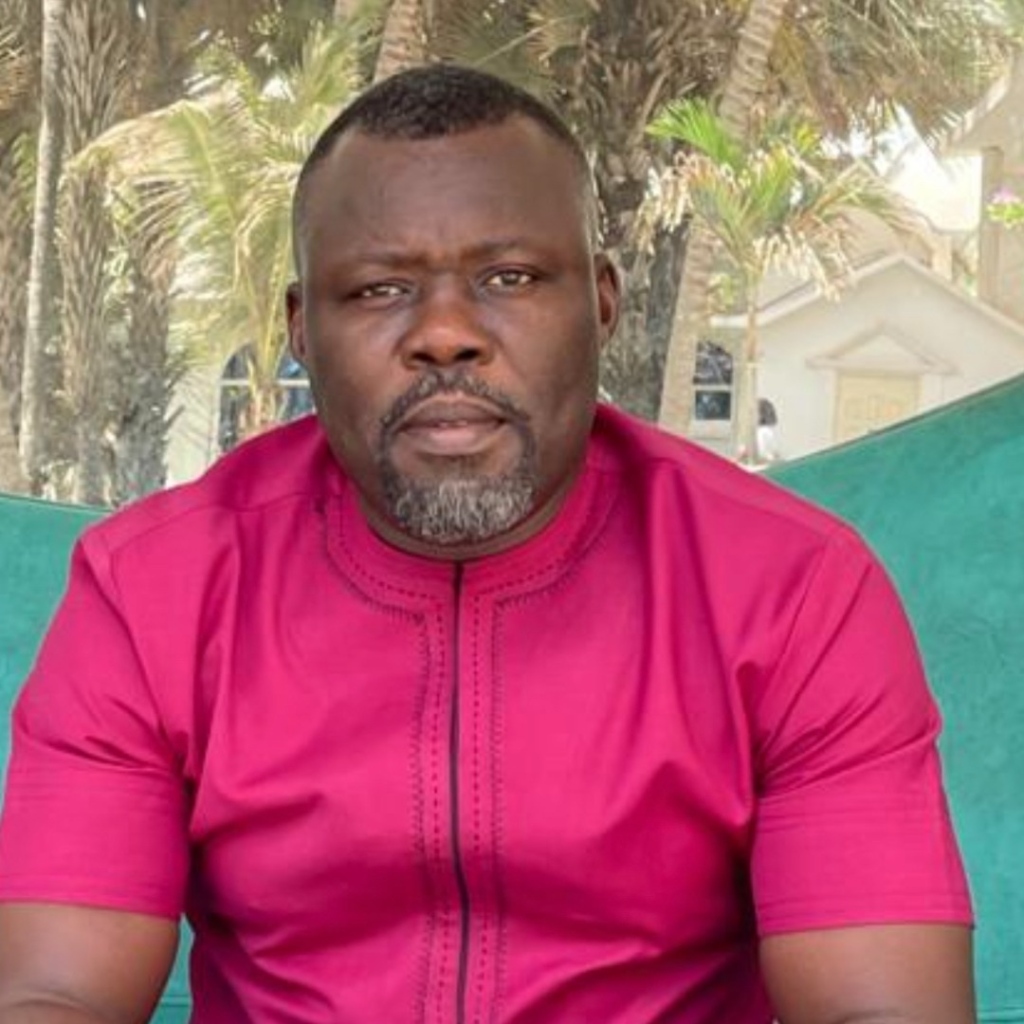Elections Series: The Gambia – Legislative

Center for Research and Policy Development (CRPD)

University of The Gambia

International Foundation for Electoral Systems (IFES)
Author: Ayuko Picot
On Saturday, April 9th, voters in The Gambia will go to the polls to elect 53 legislators of the National Assembly. We brought together three scholars with expertise in the country to discuss this critical moment for The Gambia:
Sait Matty Jaw is co-founder and Executive Director of the Center for Research and Policy Development (CRPD), an independent, non-profit, and non-partisan social research, advocacy, learning, and capacity building organization committed to promoting inclusive democratic governance in The Gambia. Sait is also a lecturer in the Political Science Department at the University of The Gambia where he has been a faculty member since 2014 focusing on Gambian politics. His research interests cut across democracy, human security, transitional justice, migration, and natural resource governance.
Demba Kandeh is a lecturer and researcher at the School of Journalism and Digital Media at the University of The Gambia. He also manages communication for Afrobarometer research in The Gambia. He has over ten years experience in journalism and media in The Gambia and abroad. As a journalist and blogger, he worked for various national and international organizations including: Global Voices, The Guardian, Today, Press TV, etc.
C.A. Lamin Lighe possesses over 15 years of professional experience in elections nationally and internationally, currently serving as Senior Elections Advisor for IFES Kenya. Previously, he served as IFES Election Management Adviser, managing and leading IFES’ technical assistance to the Independent Electoral Commission of The Gambia. Lighe is also a former Executive Director of Liberia’s National Election Commission, where amongst others, he led the planning and implementation of electoral activities for the conduct of the special senatorial elections during the Ebola epidemic in 2014 and has served as technical advisor to emerging electoral management bodies with United Nations Development Programme in South Sudan, Afghanistan and Sierra Leone and with IFES in Iraq and Nigeria.
In December 2021, The Gambia held its presidential election, in which the incumbent, President Adama Barrow, of the National People’s Party (NPP) won. Largely, the election was deemed free and fair by observers including the African Union and ECOWAS. Tell us a bit more about this recent election and its potential impact on the upcoming parliamentary election.
Sait Matty Jaw (SMJ): The 2021 presidential election was significant for two reasons. First, it was the first post-Yahya Jammeh election that should have marked a clear break from his legacy. Unfortunately, it did not, as Gambians went to the polls with a problematic constitution with no term limit, for instance. Second, it was an opportunity for Gambians to assess the transition under President Barrow and decide whether they wanted more change or continuity. So, the upcoming election for the National Assembly will equally be contested under this context as President Barrow seeks support to control the legislature. This election will also determine the survival of the existing 18 political parties in the next five years and beyond.
Demba Kandeh (DK): The recent presidential election was one of the most intense elections in the country. There were six candidates, including the incumbent, who won after securing about 53 percent of the vote. The run-up to the election and around election day generated lots of conversations online and expectedly the spread of misinformation. In some cases, hate speech and propaganda became more pronounced. As we went about fact-checking during this period, we gained a lot more attention for our work as fact-checking journalists in The Gambia. The presidential election is likely to impact the forthcoming parliamentary election in various ways. On the one hand, some political parties may still be reeling from the loss and as such a little distracted to strategize better for the parliamentary election. On the other hand, the ruling party may be overly confident and use the same strategy hoping to win a different election. What is certain is that the elections are being held under a freer and less intimidating environment than most elections under former president Yahya Jammeh.
Lamin Lighe (LL): The successful conduct and observation reports of the December 2021 election in The Gambia has raised the bar and expectations for future electoral processes. Regardless of challenges surrounding procurement and late commencement of general voter registration, the Independent Electoral Commission (IEC) – the election management body of The Gambia – was able to plan and organize Election Day operations in an efficient and effective manner. The potential impact this has on the upcoming election is that Gambians would be expecting improvements but nothing less than the previous performance by the IEC in the conduct of the parliamentary elections.
What do you see as the trajectory of electoral politics in Gambia moving forward and what role will this election play in that respect?
LL: The National Assembly in The Gambia has 58 members. 53 are directly elected from single member constituencies and 5 are appointed by the President. The IEC recently approved 251 candidates (of which 19 are females) to contest for the 53 directly elected seats. There are no coalitions, but there is an alliance between the NPP, Alliance for Patriotic Reorientation and Construction (APRC), National Reconciliation Party (NRP), and others.
SMJ: The contest over the National Assembly to a large extent seems to mimic the presidential election. The two leading parties are the United Democratic Party (UDP), who secured 31 seats in the last assembly election, and its breakaway, the NPP, that is seeking to be the ruling party. However, what is interesting about the National Assembly election in The Gambia like elsewhere is the fact that politics is local, which provides equal opportunity to all parties. While UDP and the Gambia Democratic Congress (GDC) have fielded 46 and 27 candidates respectively, President Barrow’s NPP has entered into a tactical alliance with its partners from the 2021 presidential election. This is perhaps helping to build trust in this NPP-led alliance that includes former President Yahya Jammeh’s APRC party, or one should say former party.
DK: It is difficult to measure who is or who is not a top candidate in this parliamentary election. However, because of the advantages of incumbency as well as the result of the recent presidential election, candidates fielded by the NPP are often seen as favorites in many constituencies. NPP’s presidential election victory and its alliance with several other parties, including the APRC is likely to dominate the next National Assembly. Notwithstanding, it is going to be extremely difficult for them to repeat the kind of victory that they had in the presidential election in the upcoming parliamentary election for at least two reasons. One, people vote differently between national assembly and presidential elections in The Gambia. For example, between 1996 and 2017, Jammeh under the APRC always won the presidential election in the Niani district, but lost all parliamentary elections in the same constituency. The second is voter apathy, but I will discuss this later.
What are some of the main issues that are likely to come up and play a role in this election?
DK: Since The Gambia is still transitioning from the authoritarian rule of former president, Yahya Jammeh, issues related to reforms, the Truth, Reconciliation and Reparations Commission’s (TRRC) report and recommendations, security (especially in the Foni areas), and the presence of ECOMIG forces in the country will all be significant. But, equally important are the rising costs of living and the long list of corruption scandals in public institutions.
LL: Issues that might come up in this election include vote-buying, a carry-over from the December 2021 election; an uneven playing field due to the use of state resources by candidates to campaign; and the allocation of the national budget, which is a responsibility of the National Assembly to set. Finalization of ongoing electoral reform processes, including updates to the Constitution of Gambia, might also come into play as a major electoral issue since the process is expected to be re-invigorated once the election period has concluded.
SMJ: President Barrow wants to dominate the National Assembly in order to effectively implement his programs. However, the main issue surrounding this election is the question of representation and the quality of that representation. Also, the issue of whether Barrow should dominate the National Assembly is gaining traction. Issues that are likely to influence the outcome of the election include the use of state resources and misinformation and disinformation as has been noted by domestic election observers in their preliminary updates. But, for many Gambians addressing the increasing cost of living and access to better public services are their demands. However, only a few of the contestants understand the role of the legislature, and this might frustrate turnout.
The recent presidential election saw an unprecedented turnout of nearly 90% of registered voters. What will turnout look like in this upcoming parliamentary election?
LL: Turnout will likely be far lower than the almost 90% experienced during the December 2021 presidential election as Parliamentary elections often have lower turnouts. That said, lack of confidence and trust in National Assembly members by their constituents, low voter sensitization, and conduct of the election during the month of Ramadan would adversely affect voter turnout.
SMJ: As Lamin says, historically, turnout in the National Assembly is always lower compared to the presidential election. This is largely due to election ranking, where the presidential election is seen as more important, followed by the National Assembly, and then local government. Most Gambians do not understand the importance of parliamentary elections and usually do not turnout. However, there is hope that the turnout figures will be better than the 2017 turnout, but lower than the 2021 presidential election.
DK: I agree with Lamin and Sait. The parliamentary election often gets lower turnout compared to the presidential election, and I do not see that changing in this upcoming election. The disappointments and shock from the presidential election is still fresh in the memory of many voters. The electoral system in The Gambia requires voters to return to vote in the location where they registered to vote. This makes it difficult for people, who are not home during the time of election. And even worse, voting is only allowed between 8am and 5pm on election day. Finally, there is not enough planning for voter education and civic awareness campaigns by many stakeholders, including civil society and the media.
What do you see as the trajectory of electoral politics in Gambia moving forward and what role will this election play in that respect?
SMJ: Elections will continue to play a critical role in The Gambia as an overwhelming majority of Gambians believe in elections as the best way to choose leaders and also trust their marble system as high quality. This election will strengthen this belief, but most importantly show whether electoral politics in The Gambia will move away from one dominant party, or continue on the same trajectory, particularly if NPP dominates the National Assembly. This has the potential to water down discussions around reform.
LL: Electoral politics in The Gambia has seen incremental progress since the 2016 presidential elections. The December 2021 elections recorded an unprecedented turnout of nearly 90% with increased participation of youth and women. The April 2022 parliamentary election has also recorded an increased number of candidates including females vying for elected positions. However, these gains have been inhibited by the lack of or slow pace of electoral reforms processes in The Gambia.